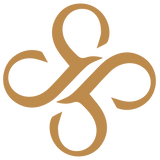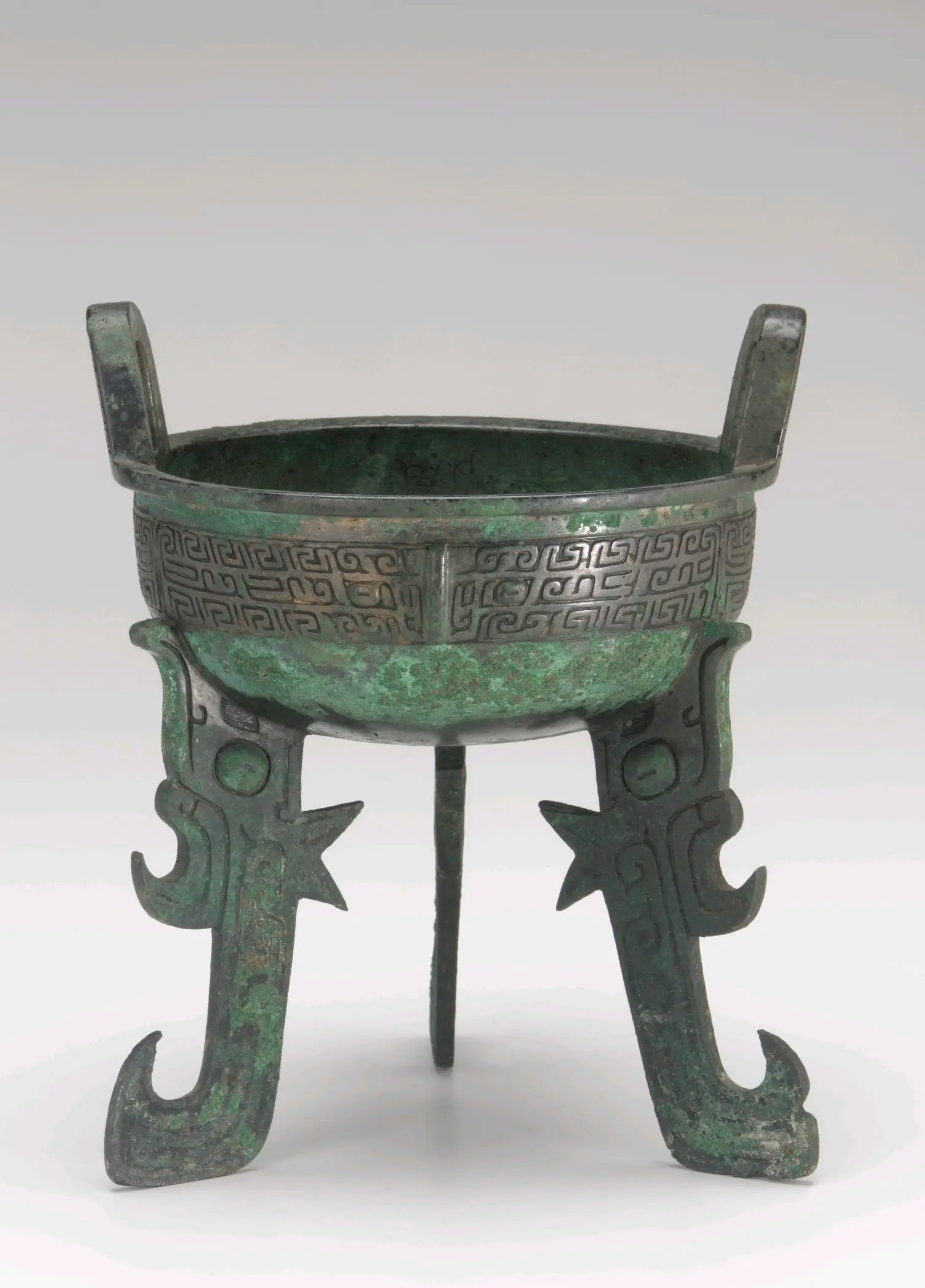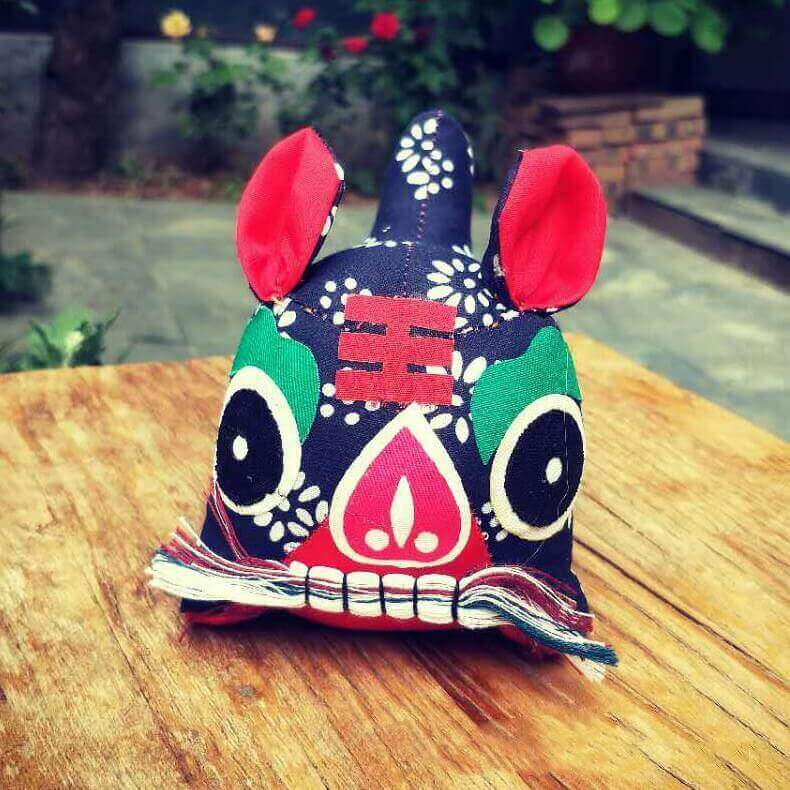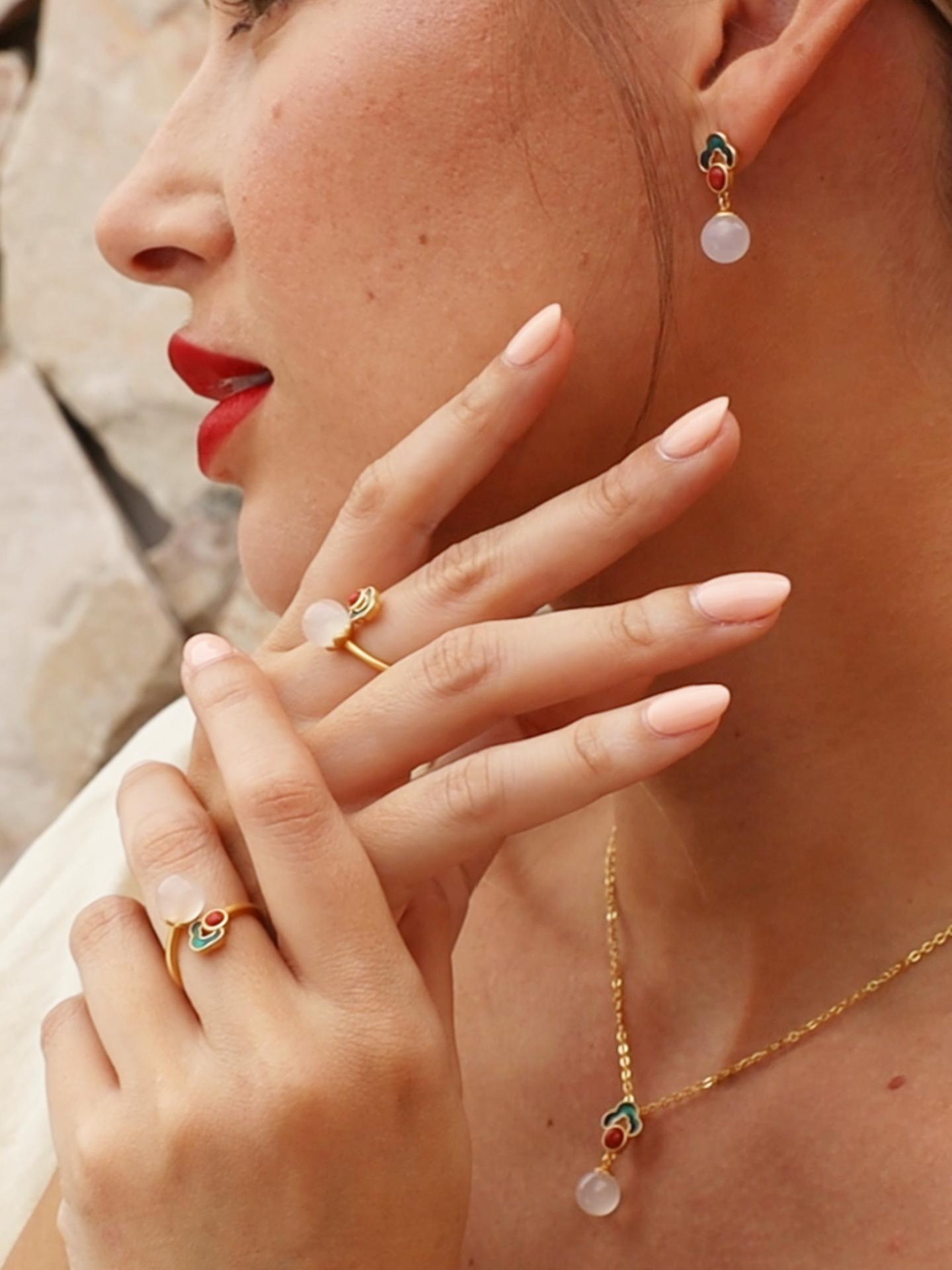Brief Introduction About Chinese Lion Dance

The Chinese lion dance is a traditional performance art that has a rich and fascinating history dating, it is believed to have originated during the Tang Dynasty (618-907 AD) and was later popularized during the Northern and Southern Dynasties (420-589 AD). The dance was initially performed to ward off evil spirits and bring good fortune, and over time, it has evolved into a symbol of happiness, prosperity, and strength.
One of the most distinctive features of the Chinese lion dance is the elaborate and colorful lion costume, which is typically made from silk, paper, and bamboo. The costume consists of a lion's head with large, expressive eyes, a long mane, and a tail. The head is usually adorned with mirrors to scare away evil spirits, while the mouth can be opened and closed to mimic the lion's movements.

The Chinese lion dance is accompanied by a lively percussion ensemble consisting of drums, cymbals, and gongs. The rhythmic beats not only add excitement to the performance but also serve as cues for the dancers' movements. The music is an essential element in creating the energetic atmosphere that characterizes the lion dance.
The symbolism behind the Chinese lion dance is deeply rooted in Chinese mythology and beliefs. The lion is considered a powerful and auspicious creature that can ward off evil spirits and bring good luck. By performing the lion dance, it is believed that negative energies are expelled, paving the way for blessings and prosperity.

In conclusion, the Chinese lion dance is a captivating performance art with a rich history and profound cultural significance. Its unique combination of acrobatics, vibrant costumes, and lively music make it an unforgettable spectacle that continues to enchant audiences worldwide. Beyond its entertainment value, the lion dance holds deep meaning as a symbol of power, wisdom, and good fortune, making it an integral part of Chinese celebrations for centuries.


































Leave a comment